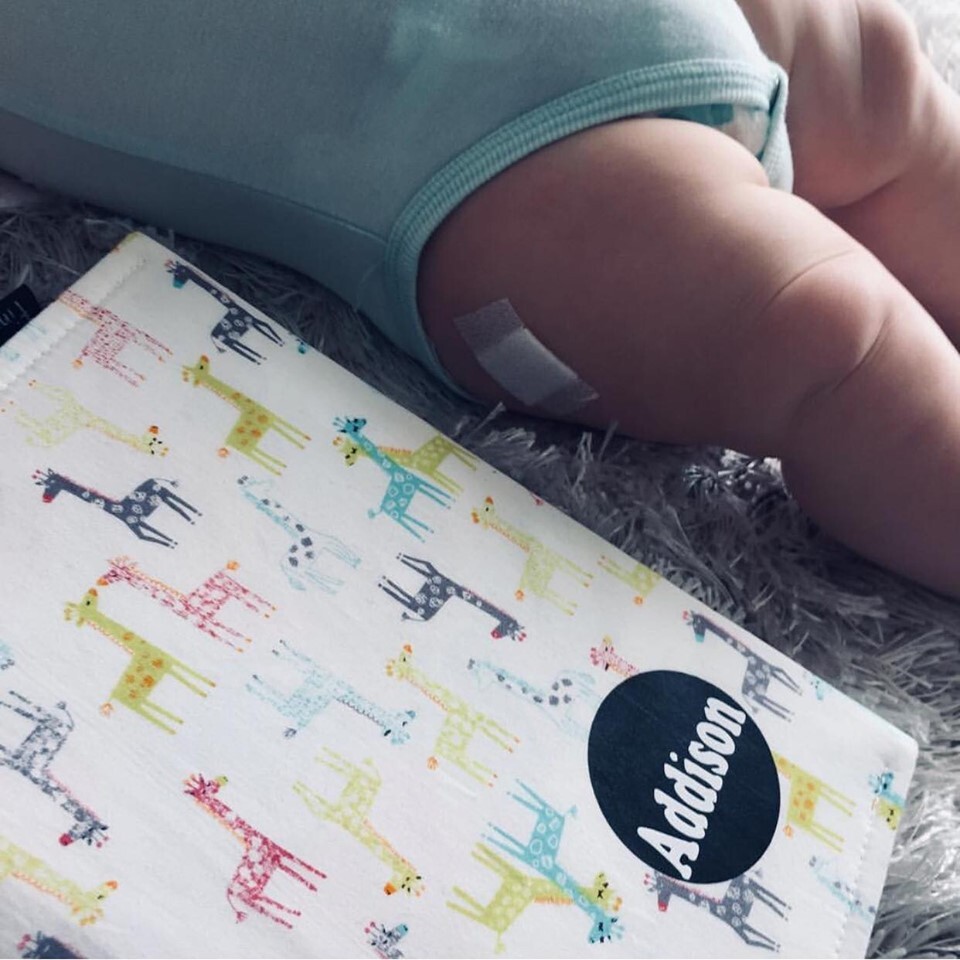Childhood Immunisations in NZ: What Parents Need to Know
Taking Your Child for Their Childhood Immunisations in NZ
As a parent, keeping track of your child’s health can feel overwhelming, but one important aspect is knowing about childhood immunisations. In New Zealand, the National Immunisation Schedule outlines recommended vaccines to help protect children from serious diseases. While every family makes their own decisions about healthcare, staying informed ensures you can make the choice that feels right for your child.
The National Immunisation Schedule
The schedule provides guidance on when vaccines are typically given, from birth through adolescence. Here’s an overview:
At Birth
Hepatitis B
6 Weeks
Diphtheria, Tetanus, Pertussis (whooping cough), Polio, Haemophilus influenzae type b (Hib), Hepatitis B, Inactivated Polio Vaccine (IPV)
Rotavirus (oral vaccine)
Pneumococcal
Meningococcal B
3 Months
Second doses:
Diphtheria, Tetanus, Pertussis, Polio, Hib, Hepatitis B, IPV
Rotavirus
5 Months
Third doses: Diphtheria, Tetanus, Pertussis, Polio, Hib, Hepatitis B, IPV
Pneumococcal (second dose)
Meningococcal B (second dose)
12 Months
MMR (Measles, Mumps, Rubella) first dose
Varicella (Chickenpox) first dose
Pneumococcal third dose
Meningococcal B third dose
15 Months
MMR second dose
Meningococcal B fourth dose
4 Years
Diphtheria, Tetanus, Pertussis, Polio Booster
11–12 Years
HPV (Human Papillomavirus) for girls and boys
Tdap (Tetanus, Diphtheria, Pertussis) booster
13–25 Years
Meningococcal ACWY
For the most up-to-date details, visit the [official National Immunisation Schedule https://www.immune.org.nz/immunisation/programmes/national-immunisation-schedule
Why Immunisations Are Offered
Immunisations are one of the tools available to protect children from certain illnesses. They can help:
- Prevent outbreaks in the community
- Protect vulnerable individuals who cannot be vaccinated
- Reduce the risk of serious complications from specific diseases
Every family makes their own choices about healthcare. If you have questions or concerns about immunisations, it’s best to talk with your child’s healthcare provider to make the decision that feels right for your family.
Preparing for the Appointment
To make immunisation visits as smooth as possible:
- Bring your child’s Well Child Tamariki Ora My Health Book
- Dress your child in clothing that allows easy access to their thigh (where most injections are given)
- Stay calm and positive children can pick up on your emotions
- Offer comfort afterward, like a cuddle, favourite toy, or small treat
Where to Get Immunised
Immunisations are available at:
General Practices (GPs)
Plunket Clinics https://www.plunket.org.nz/plunket-near-me/
Public Health Units
Most clinics operate by appointment, so it’s recommended to call ahead or book online.
Childhood immunisations are a safe and effective way to protect your child’s health and the wider community. At the same time, every parent’s circumstances and choices are unique. Staying informed and consulting with your healthcare provider ensures your child gets the care that works best for your family.
For more information, visit Immunise | Te Whatu Ora https://www.immune.org.nz/.
Posted: Wednesday 10 September 2025
